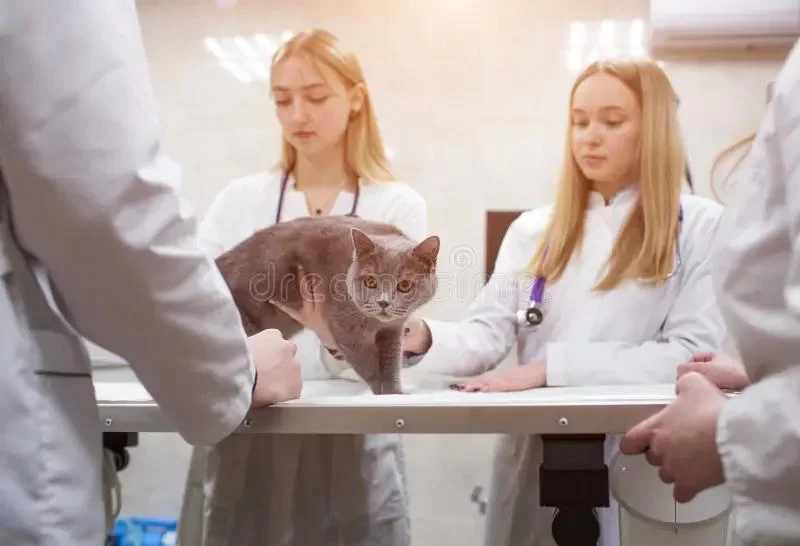Is Veterinary a Doctor? Understanding the Role and Expertise of Veterinarians
- 1-Definition-of-Veterinarian-and-Doctor
- 2-Educational-Requirements-and-Training
- 3-Roles-and-Responsibilities-of-Veterinarians
- 4-Real-World-Examples-of-Veterinary-Care
- 5-Why-Choose-Veterinary-Services
1. Definition of Veterinarian and Doctor
Many people wonder, is veterinary a doctor? Simply put, yes, veterinarians are doctors specialized in animal medicine. Like medical doctors who treat humans, veterinarians diagnose, treat, and prevent illnesses in animals. They hold a professional doctorate degree known as a Doctor of Veterinary Medicine (DVM) or equivalent, affirming their status as medical doctors within their field.
This title reflects extensive knowledge in anatomy, physiology, pathology, and pharmacology tailored to various animal species.
2. Educational Requirements and Training
Becoming a veterinarian requires rigorous education and training. After completing undergraduate studies, aspiring vets attend veterinary school for four years, earning a DVM degree. Their curriculum covers both theoretical knowledge and clinical practice, including surgery, diagnostics, and animal care.
After graduation, veterinarians must pass licensing exams to practice legally, ensuring they meet high standards of competence and professionalism.
3. Roles and Responsibilities of Veterinarians
Veterinarians perform diverse roles beyond treating pets. They work in livestock health, wildlife conservation, research, public health, and food safety. Their responsibilities include performing surgeries, administering vaccines, managing chronic conditions, and advising owners on nutrition and preventive care.
In all capacities, veterinarians are doctors dedicated to promoting animal health and welfare.
4. Real-World Examples of Veterinary Care
Consider the story of a veterinarian who saved a beloved family dog diagnosed with a complex heart condition. Through expert diagnosis and treatment, the vet extended the dog’s life and improved its quality dramatically. Such cases highlight veterinarians' critical medical expertise and compassionate care.
Other veterinarians contribute to controlling zoonotic diseases, ensuring public safety and animal health simultaneously.
5. Why Choose Veterinary Services
Choosing veterinary services means entrusting your animal’s health to qualified doctors who understand their unique needs. From routine check-ups to emergency surgeries, veterinarians provide indispensable care that safeguards your pets and livestock.
For those seeking expert veterinary care, consulting professional providers ensures accurate diagnosis, effective treatment, and improved animal wellbeing.
If you want to learn more about veterinary services or find the best care for your animals, exploring trusted sources and specialists can make all the difference.












